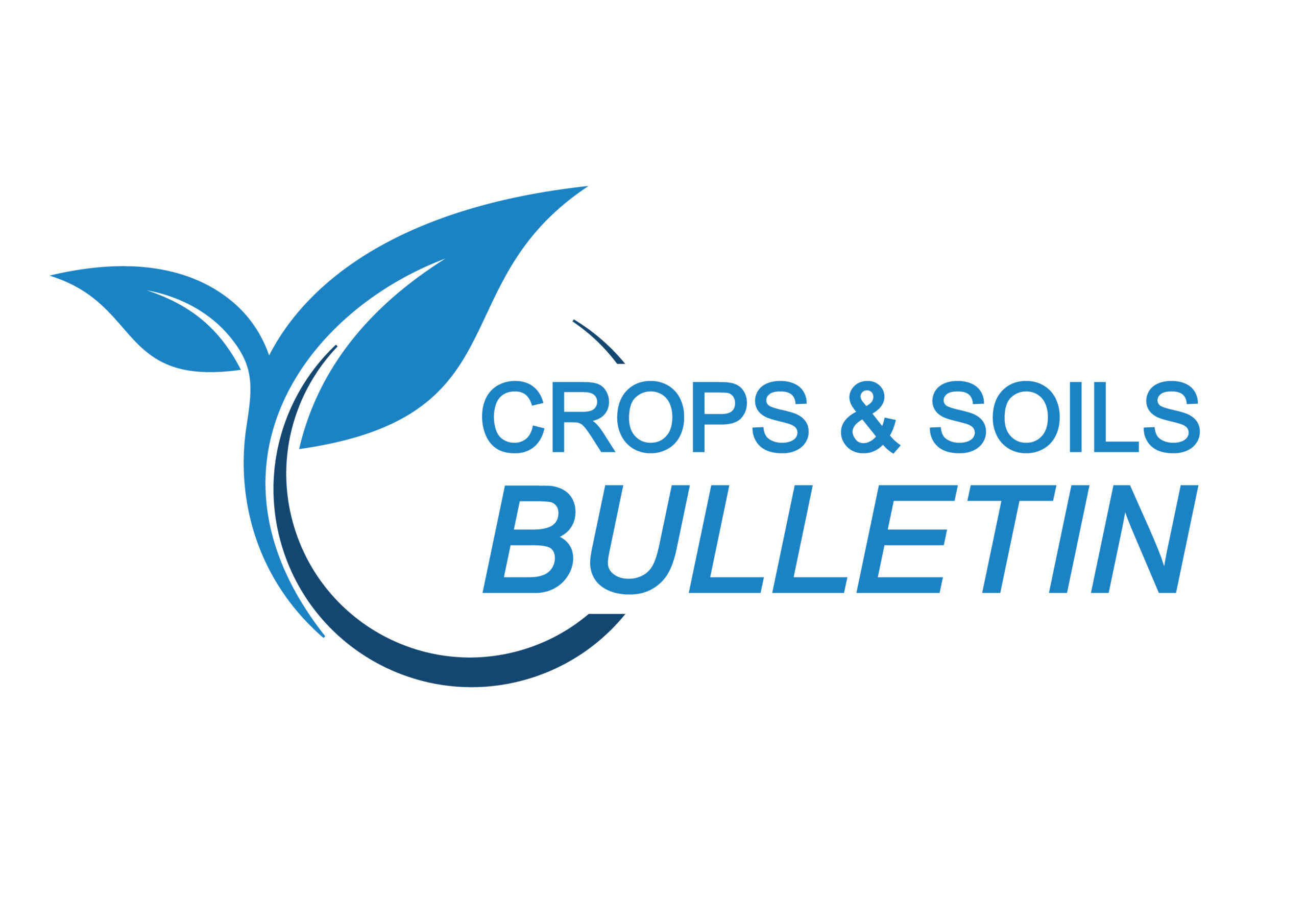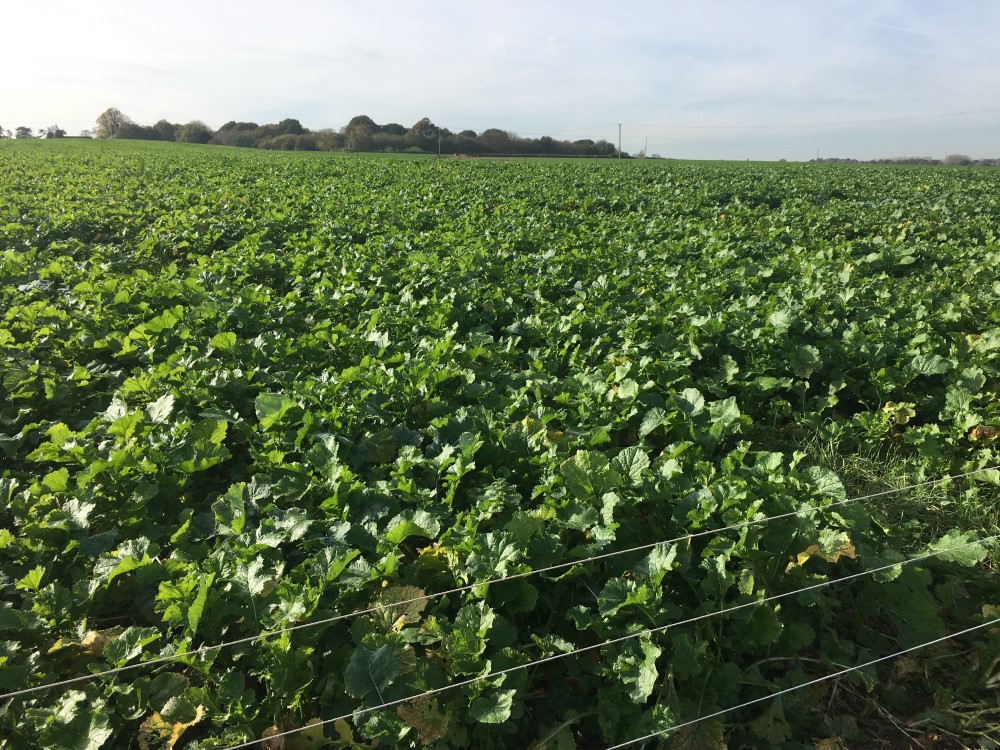Soil Carbon Code Update
23 August 2023Soil carbon has been a topic of interest in UK agriculture since it became apparent that there was an opportunity for a new revenue stream through the sale of carbon credits. Soil carbon codes are documents which enable payments to be made and set the rules for sequestering carbon in soil. Over the past few years, many agricultural advisors have been urging farmers to exercise caution in approaching soil carbon schemes because there has been news of certain schemes making impossible promises and tying people into disadvantageous contracts. Taking action to improve soils—whether through sequestering carbon or unlocking the many other good outcomes of improving soil health—remains a huge opportunity for UK farming and finding ways to incentivise this is important.
In the ongoing cycle of innovation, testing, scrutiny, and results, several codes have emerged which are striving to meet the principles of a trustworthy carbon market. There are several key differences among these codes which are important to be aware of:
- Credits or not – Carbon credits represent units of CO2 (each equal to 1 tonne) which has been removed from the atmosphere. These credits can be used as offsets against a business’s own emissions, either those of the farm or sold to a different business. Rather than strictly measuring changes in soil carbon and rewarding farmers based on outcomes, some codes are embracing the holistic benefits of carbon-friendly farming and rewarding farmers for practise changes, awarding ‘certificates’ which can be sold to or used to bargain with buyers or other supply chain actors. The move away from credits affords farmers more flexibility through rewarding a number of different practise changes (e.g. min-till, organic fertilisers, cover crops) and offering 1 year, single growing season, contracts (most carbon codes require practices to remain in place for at least 5 years).
- Business model – There are varying ways these commercial codes charge users. Some take a cut of carbon credit sales (5 to 30%+), while others charge fees depending on whether you use their brokerage to sell your credits. Some codes offer this brokerage service but allow selling credits generated under their code on other market platforms, while other credits can only be sold by the corporation which owns the code.
- Back-dating – To reward responsible care for soils, some codes allow farmers to report practice changes which they have implemented in the past. Certain codes offer this back-dating option for 1 or 5 years prior to signing up to the code, whist others do not allow this.
An increasing number of UK farmers are engaging with these codes and reaping the benefits of healthier soils and a new income stream. Although the landscape has developed and more people are putting their trust in these codes, it remains essential to seek informed and independent advice before agreeing to be a part of a soil carbon scheme. The list of considerations above is not exhaustive and extortionate carbon contracts are still a key threat in the UK.
Brady Stevens, Rural Business and Economics Consultant, SAC Consulting
Sign up to the FAS newsletter
Receive updates on news, events and publications from Scotland’s Farm Advisory Service


